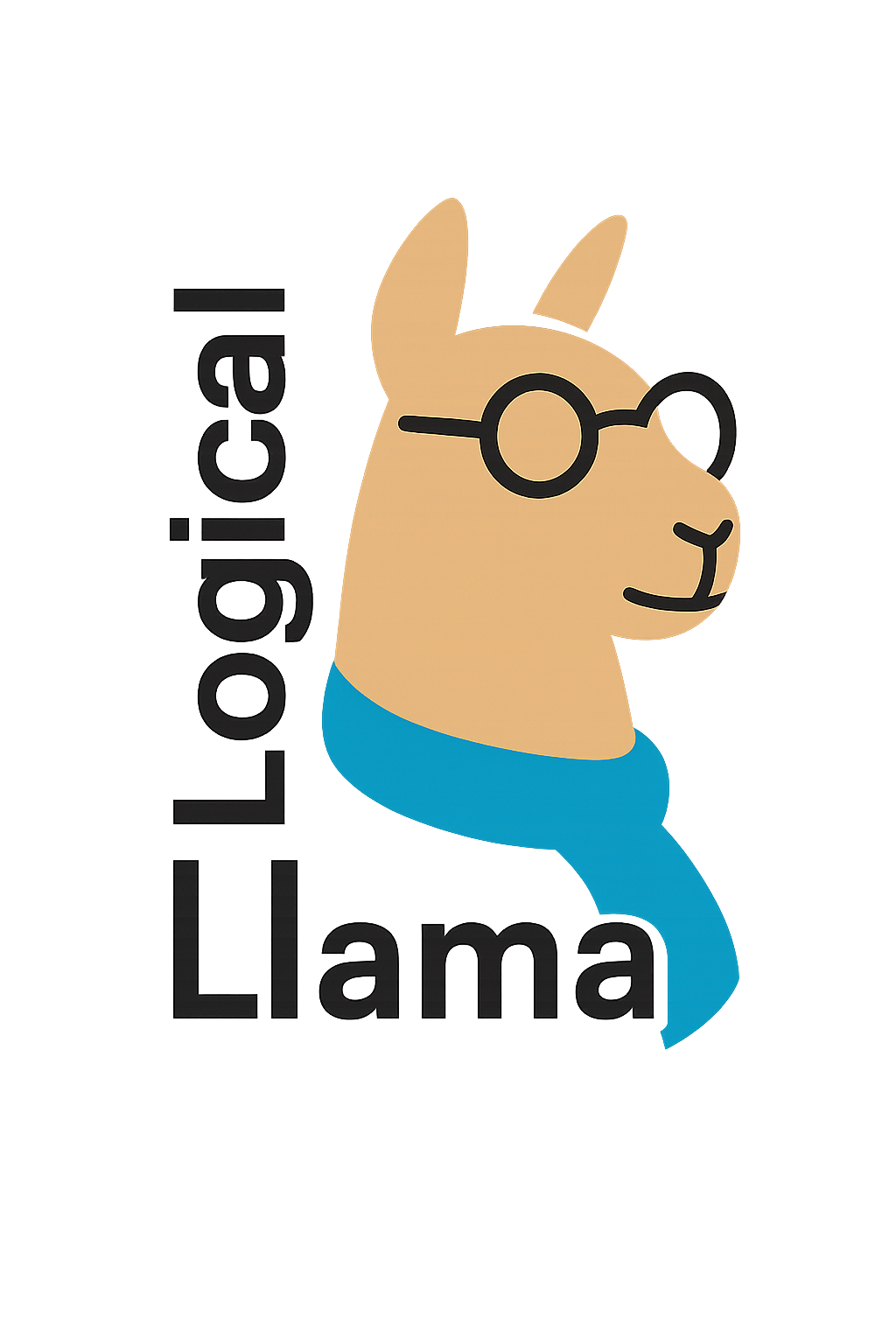
The Enduring Value of Philosophy Rooted in Wonder
Much of philosophy begins with wonder. For young children, the world is a vast, mysterious place filled with questions that bubble up naturally: Why is the sky blue? What makes a shadow? Where do thoughts come from? This sense of wonder is not just innocent curiosity; it is the very seed of philosophical inquiry. Children embody the purest form of philosophical dispositions—an openness to experience, a readiness to question everything, and a delight in the playful exploration of ideas. In a way, all children and, thus, all human beings (because we all start as children) are philosophers.
As we grow older, this wonder often diminishes. During our schooling, we are often focused on regurgitating answers rather than asking questions. In addition, schooling can lead us to believe that, beyond a narrow set of problems, we mostly have the world figured out. After our schooling, life’s routines, responsibilities, and the pressure to have “answers” can dampen our natural curiosity. We may become more focused on facts and less inclined to ask the big, sometimes unanswerable questions. Yet, under the right conditions, wonder can re-emerge, even in adulthood. It might show up during a conversation that challenges our assumptions, while reading a provocative piece of literature, or when we take the time to really observe the world around us without distraction.
Why should we pay attention to wonder when it returns? In short, because wonder can be a gateway to exploration and enrichment of our worldview. It encourages us to imagine possibilities beyond the immediate and the obvious. When we allow ourselves to wonder, we explore the horizon of possible ways the world could be. From these, we begin to form hypotheses—not in a strictly scientific sense necessarily, but as tentative ideas that invite further reflection and dialogue. This exploration of the horizon of possible ways the world could be is like yoga for the mind. It reminds us that this domain of experience is always there waiting for us when we have a new question. If we are thoughtful and reflect on these experiences, we may also realize that the questions we believe we have answered before might need to be revisited in the light of newer knowledge we have gained since we decided on a hypothesis (which we often take to be true) long ago. Further, moving around the horizon of possibility can (and sometimes should be) be done in play. As adults, rediscovering the joy of play can be invigorating and enjoyable. This playful interrogation of experience keeps our minds alive and flexible, fostering creativity and insight.
When engaged deeply, this process can be rejuvenating. It refreshes our spirit by reconnecting us with a sense of mystery and awe. Moreover, it expands our worldview, helping us see beyond our habituated and more narrow perspectives and appreciate the complexity and beauty of life and nature. A broader, more thoughtful worldview does not just enrich our intellectual lives; it can guide us toward better living. With a more nuanced understanding of ourselves and the world, we are better equipped to make ethical choices, to empathize with others, and to navigate life’s challenges with grace.
In a world that often values quick answers and practicality above all, the philosophical wonder that we first experienced as children remains a vital gift. By nurturing it throughout our lives, we keep alive the spirit of inquiry that can lead to personal growth, deeper connection, and a more meaningful existence. Wonder is not just for children—it is a lifelong companion on the journey of living well.
